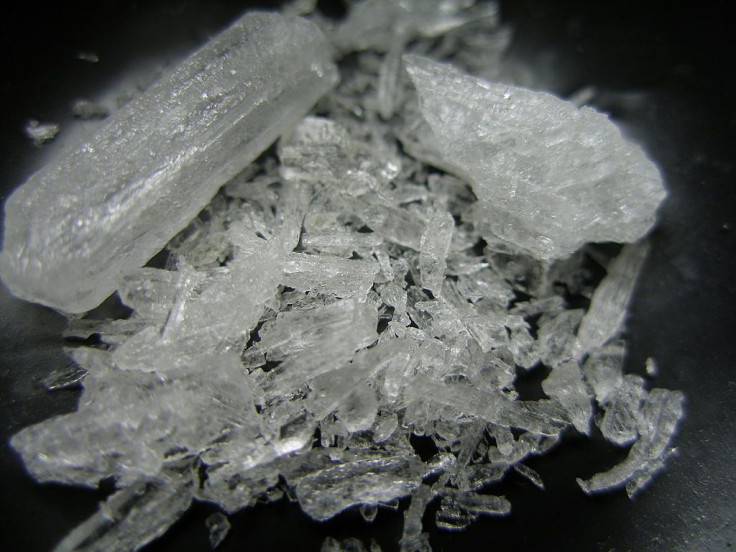CVS Now Asks For Photo ID With Purchase Of Nail Polish Remover To Curb Crystal Meth Production

To discourage the production of methamphetamine, also known as crystal meth, CVS has implemented a policy requiring people purchasing nail polish remover to present photo identification and capping the amount a person could purchase. Nail polish remover contains the chemical acetone, a substance used in meth production.
Possibly inspired by the popular television series Breaking Bad, which features a cancer-diagnosed chemistry teacher who starts cooking meth, chemists have been producing it in increasing rates since 2007. Then, New York state dealt with 13 incidents of meth labs, but by 2011 there were 46 incidents, according to the Daily News.
“Because acetone is an ingredient used in illegal manufacture of methamphetamine, we recently implemented a policy that a valid ID must be presented to purchase acetone-containing products such as nail polish remover,” the company said in a statement, according to WPRI Eyewitness News. “Our policy also limits the sale of these products in conjunction with other methamphetamine precursors and is based on various regulations requiring retailers to record sales of acetone.”
Other “precursors” that CVS mentioned include cough medicines and decongestants with the ingredients ephedrine of pseudoephedrine, both of which are also used to produce the drug.
Acetone is used in the crystallization process of producing crystal meth. Along with other ingredients and processes, it’s used to wash the meth and make it more “pure.” By doing so, it dissolves any excess, and leaves only the clear crystals.
Crystal meth is a highly addictive, crystallized substance that typically resembles shattered glass. Users tend to smoke it from crack pipes, and its effects last for up to 12 hours. About five percent of American high school students have used the drug at least once in their lifetime, according to the Department of Justice.
This is the second policy CVS has implemented to help curb the production of meth. In 2010, the pharmacy was sued for $77.6 million after allowing multiple sales of cough medicines.



























